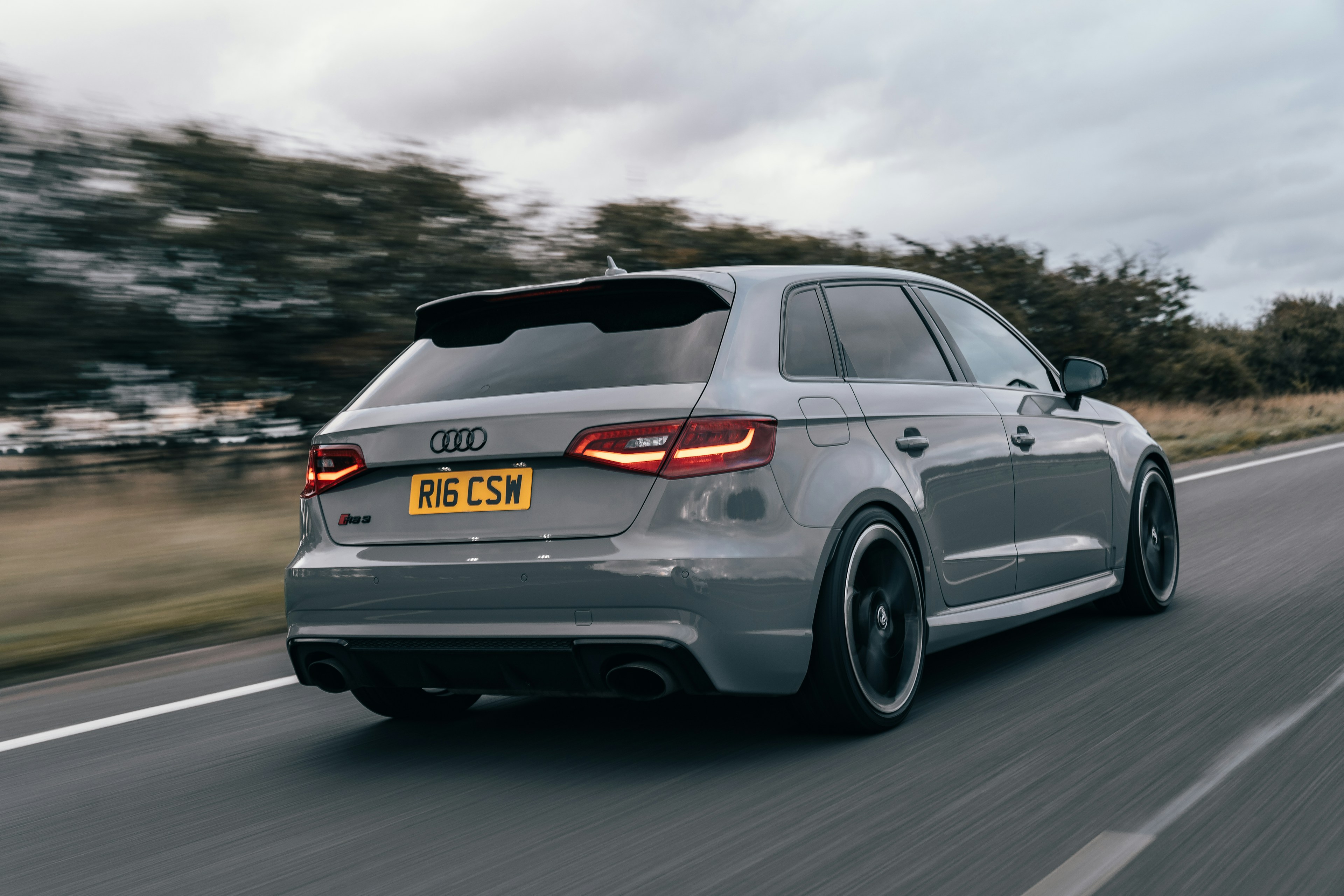
So you've finally passed your driving test. Congratulations! Once the initial excitement has worn off and you're done posing for your pass photo, you'll probably spend a few hours planning your first road trip. Before you can actually hit the open road unsupervised, however, you first need to do one pretty important thing: buy your first car! Of course, learning to drive isn't exactly a cheap process.
You're probably wondering whether you should buy a new or used car. We're going to take you through the main advantages and disadvantages of buying a new or used car, and also outline the main factors you should bear in mind before you buy your first car.
On the surface, this seems like a pretty easy question to answer, right? If you're limited by budget, then a used car will surely be the cheaper and better option. Like anything related to the world of driving, however, things are rarely this clear-cut. There are many factors that need to be considered when making the decision on whether to buy a new or used car.
Let's kick things off with an overview of what both options entail. We'll sort through the main advantages and disadvantages to buying new and used cars to help you get a better idea of what might be the best fit for you.
Buying a New Car
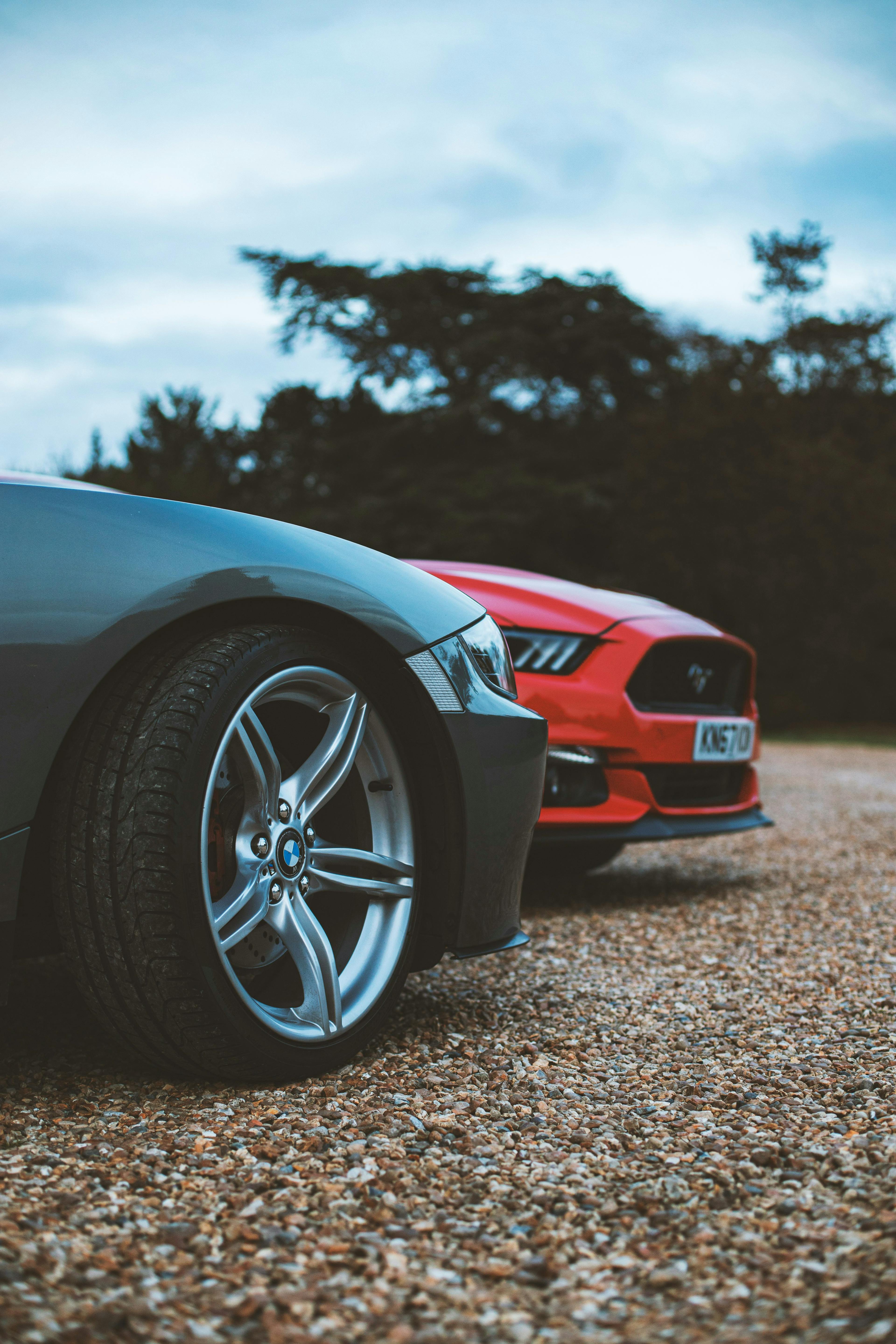
If you buy a new car, then there's one thing you don't have to worry about from the get-go: car wear and tear! It might seem rather obvious to point out that a new car is, well, brand new, but it's still a valid point to make. It means you don't have to worry about maintenance mishaps or weird smells—you'll be the car's first driver!
Generally speaking, newer cars tend to be the safest to drive. They come with new features like ABS and ESC—not to mention other new technological advances! Additionally, buying a new car usually comes with wider finance options.
In almost all cases, you'll be given the chance to spread out your payments over a longer period of time, with lower interest—making it a bit easier to afford upfront. You've also got warranty to fall back on, which most used cars do not have. Of course, it's not all sunshine and rainbows with new cars. Even with finance options, it can still be a pretty costly affair if you're not careful.
With car depreciation as well, a new car starts to lose its value the moment you drive it out of the lot. By the end of its first year, according to the AA, it can lose up to 40% of its value! It makes the overall cost of a new car a bitter pill to swallow. Add in the fact that many dealerships are likely to try and push for you to buy unnecessary add-on features, and you'll practically feel your money slipping through your fingers!
You can get more information in our guide to the dos and don't s of buying a new car.
Buying a Used Car
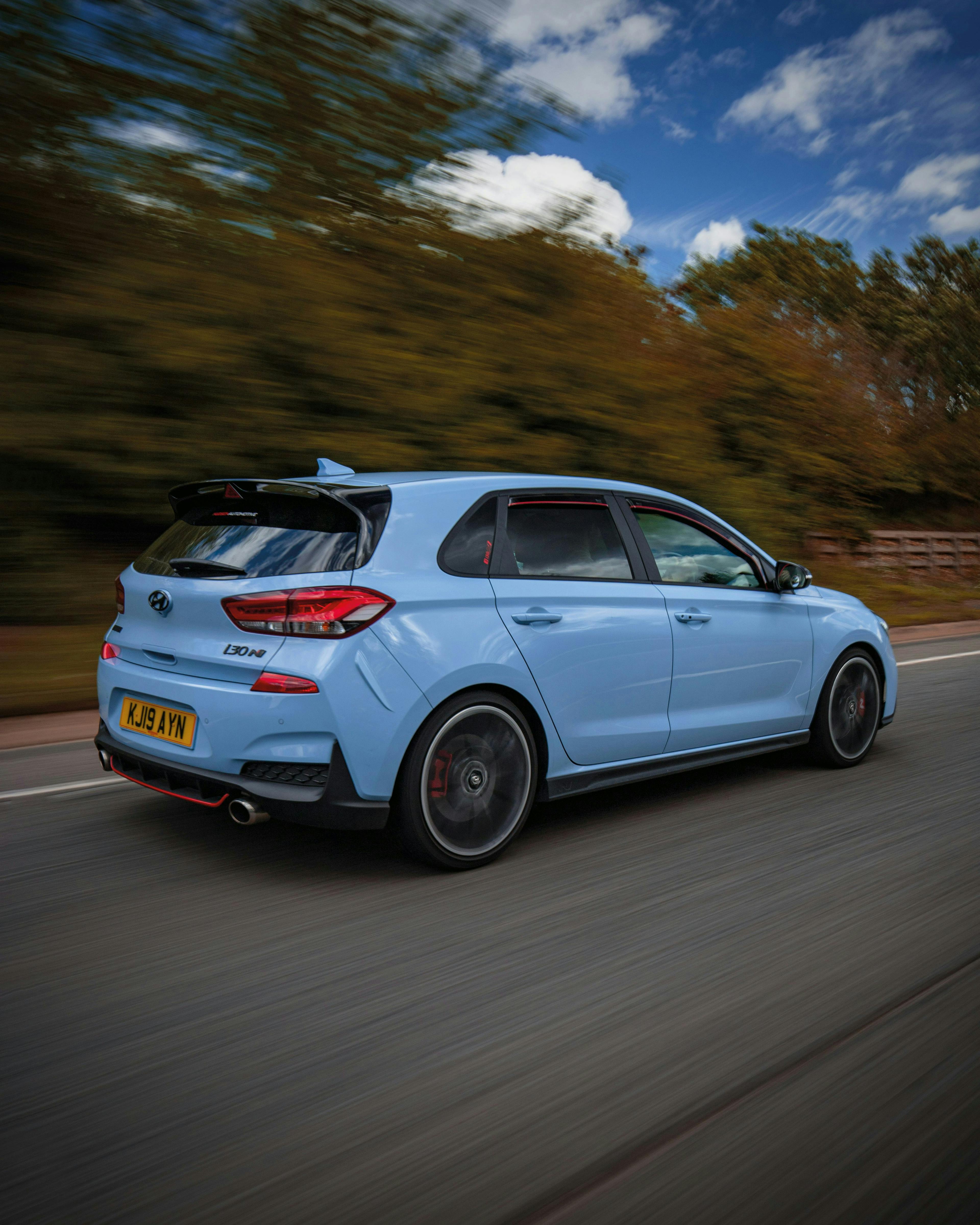
One of the biggest benefits to buying a used car is, of course, that it can be much cheaper and easier on your budget. With cars losing their value almost instantaneously, you can save yourself huge amounts, even if the vehicle performs just as well as it did on day one.
While you might be picturing a car that's falling apart when we talk about buying a used car, it couldn't be further from the truth. We're not talking about buying a car that's decades old here! Even a car that's one to two years old is still much cheaper and cost-effective to buy than a brand new one. With the rate of car depreciation as it is, it could help you save heaps.
If you've got a tight budget, buying a used car can certainly be a lifesaver. Of course, that's not to say it doesn't come with downsides. If you're not careful about where you buy a used car from, you might not always be 100% sure about the car's history—it might not even be fully reliable. The best way to combat this is to buy from a reputable source and do a thorough background check of the vehicle's history.
You'll also want to see if the car model shows up on any car recalls list.
Additional disadvantages to buying a used car also include a lack of warranty—depending on where you look and your choice of vehicle—and a lack of control. You won't be able to customise a used car and you've got to be far more flexible. Unlike a new car, you won't be able to ask for a certain colour, for example. You essentially have to settle in some cases, especially if time is of the essence.
What's my best option?
So we've summed up the main advantages and disadvantages of both options. Ultimately, however, your decision will mostly boil down to your budget. Of course, it's not just the value of the car that needs to be considered. You've also got to look at the cost of maintaining the car. If you buy a used car that's several years old, for example, you'll likely have to fork out for repairs further down the line—used cars are more likely to have issues than new ones, after all.
You've also got to consider the cost of vehicle tax and fuel. The biggest determining factor in your budget, however, will undoubtedly be the cost of insurance.
Car Insurance
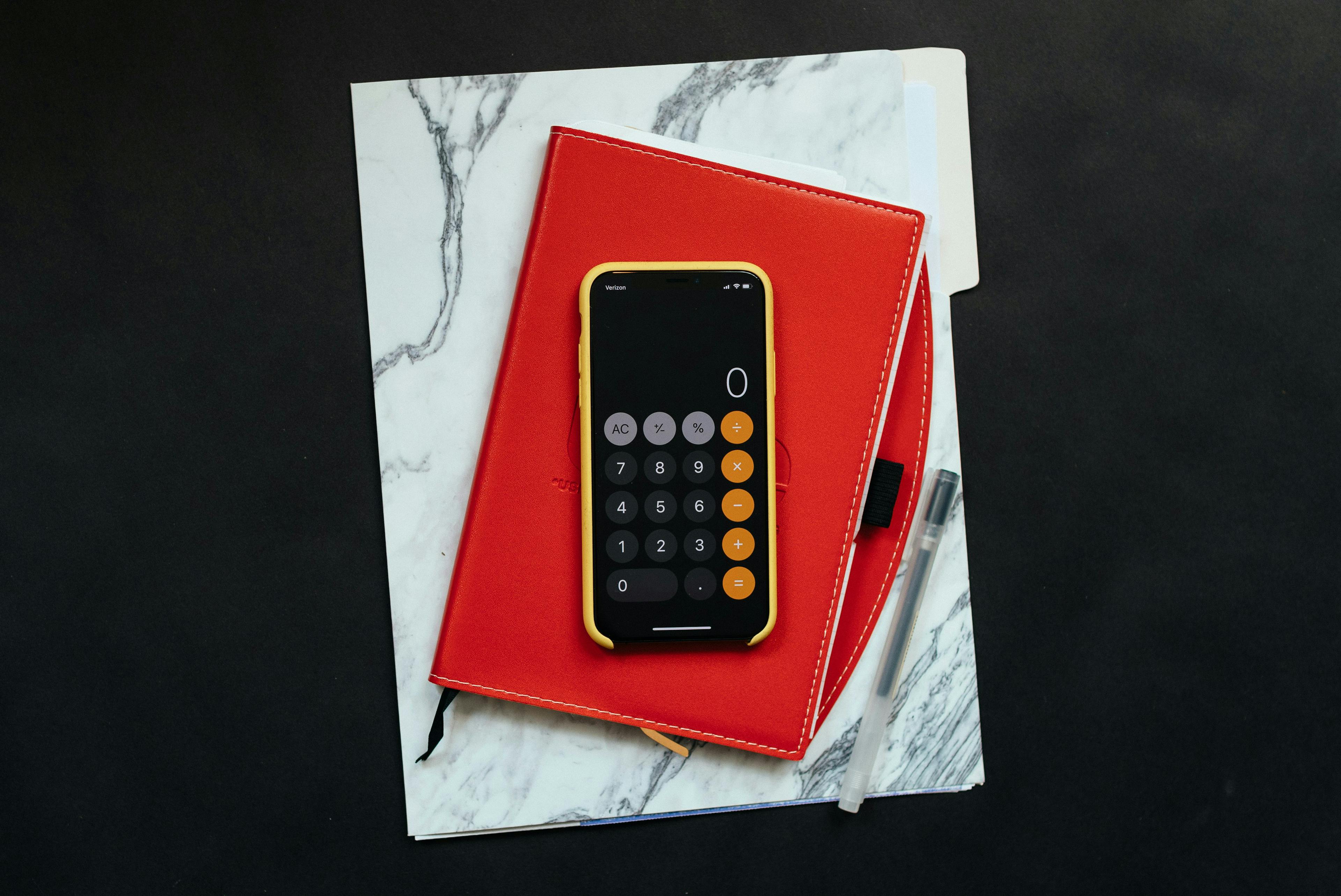
Believe it or not, the cost of your car can pale in comparison to the cost of your insurance if you're not careful. Young drivers in particular are looking at having to pay the highest insurance premiums around. That's why we'd advise you to look at insurance quotes and calculate how much your premiums would be depending on the car you choose. You'll want to know exactly how much the cost of buying your car and insurance will be before you sign anything.
Otherwise, you might think you're getting a good deal, only to be stuck with eye-watering premiums. Whether you've decided to buy a new or used car, however, there are plenty of ways in which you can reduce the cost of insurance and still meet your budget.
Reducing premiums for a new or used car
It doesn't matter if you've got your eye on the latest model or an absolute bargain, you shouldn't settle for paying high premiums when you don't have to. Fortunately, we've got plenty of top tips for you to put to use!
Pick the right car
Whether you're buying a new or used car, your actual choice of model could severely increase or decrease premiums. Insurers place cars into insurance group categories from 1 to 50. These are calculated based on factors such as estimated cost of damage and parts, to safety features, to power and performance. If you can pick a car that belongs in a lower category, you're likely to save a packet on your premium.
Avoid modifications
When it comes to this category, different pitfalls exist depending on whether you're buying new or used. In the case of a new car, your dealership may well offer modifications to your car. While some of these, such as adding safety features like immobilisers, can help your cause, many unnecessary mods can drive up your premiums. When it comes to used cars, meanwhile, you'll want to check that previous owners didn't go overboard pimping their ride. Otherwise, their high insurance prices could soon become your burden!
Add a named driver
As a learner driver, you might have been added to your parent's insurance policy so that you could practise driving outside of lessons. In a similar fashion, adding a named driver to your policy means that someone else is insured to drive your car. If they're experienced and have a good driving history, it could drive premiums down even further.
Opt for a telematics policy
If you fancy yourself a safe driver, then this policy might be right up your alley. Black box (telematics) insurance involves your insurer fitting a device to your car. This will track your driving habits—looking at how you brake and accelerate, for starters—and calculate your premiums accordingly. If you're a safe driver, your premiums will be reduced.
Now, we're going to briefly discuss a few additional factors that you need to consider before buying a new or used car.
Other things to consider when buying a new or used car
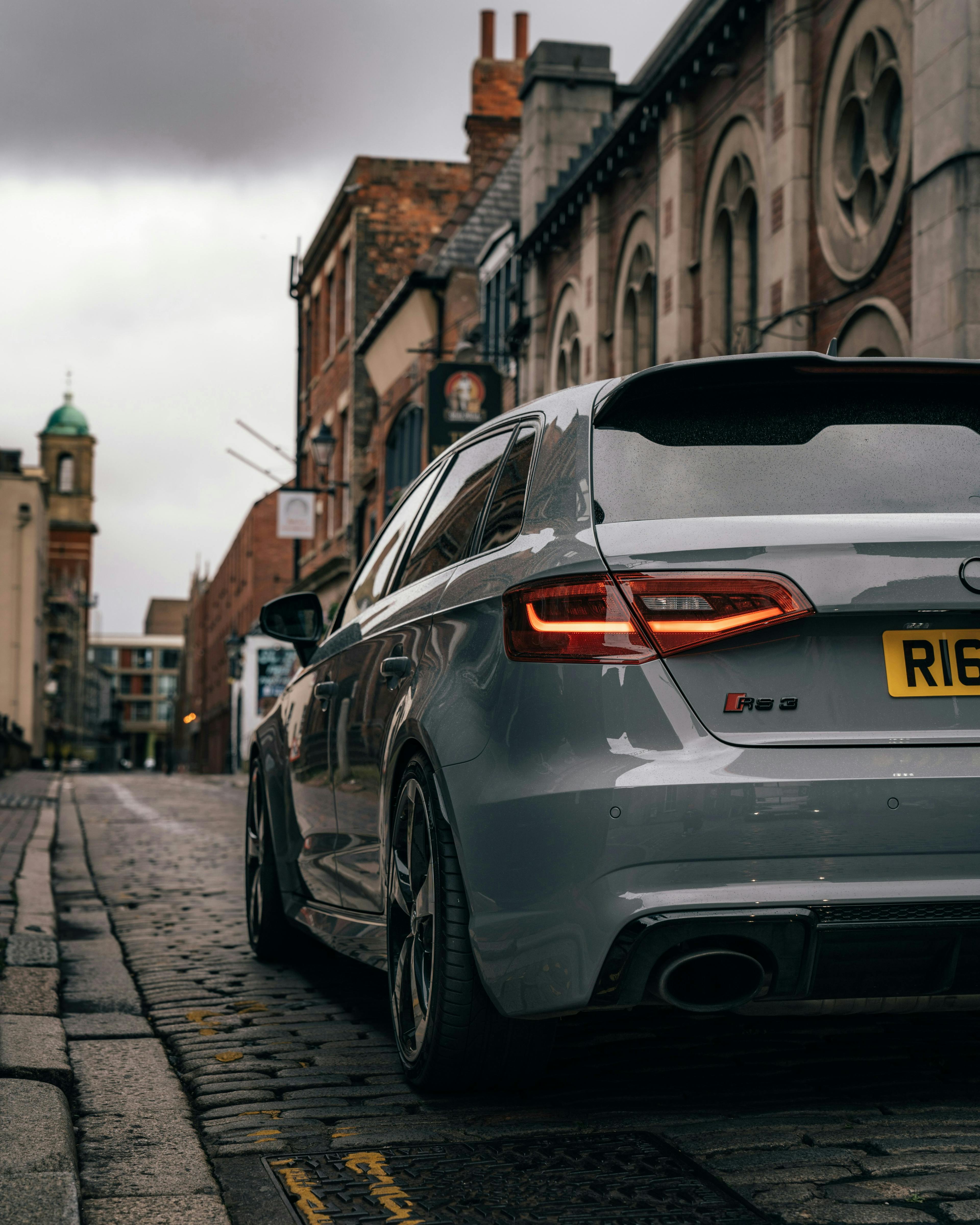
Head to the right place
As we've already mentioned, it's important that you purchase your car from a reputable source. If you choose to buy from a private seller, you run the risk of ending up with a car that has more problems than you know how to deal with.
We'd recommend sticking to a dealership or, at the very least, private sellers with a good reputation.
It's important that, regardless of whether you're buying a new or used car, you don't just settle for the first car you find. Take the time to compare offers from different dealers and private sellers. If you're not in much of a rush, you might even want to consider waiting for quarterly sales and deals.
Inspect the car
Whether you're buying a new or used car, you should take the time to inspect the car. Even if you get a good deal and reduce your premiums, you'll still be paying a lot of money for your first car.
Iwas tt's vital that you make sure it's actually worth it. Have a look at both the exterior and interior of the car. Also, take some time to review the car's history—this is particularly important if you're buying a used car. The car should come with a vehicle log book (V5C) and MOT. If you're dealing with someone who doesn't offer the right paperwork—or it seems incorrect in any way—then you should start looking elsewhere. It's always better to be safe than sorry!
Give it a test drive
Even if you're buying a new car, you should still take it for a test drive to make sure it's the right fit for you. You might get behind the wheel and realise it's too powerful for you or the wrong size. If you're used to driving a smaller vehicle, for example, moving up to a larger one could throw off your driving style. Pay close attention to the clutch, brake and the performance of the vehicle as you take it for a spin.
Take your time
Whilst we understand being excited to get out on the road in your first car, it's important that you don't rush. Ideally, you'll have this car for a few years, at the very least—so you want to make sure you won't end up having any major regrets further down the line.
If you're not entirely sure what you should be looking for, we'd advise you take a family member or friend around with you when you go to look at new or used cars. A second opinion can help you make up your mind.
Buying a used car tends to be more of a minefield than buying a new car, which is why we put together our very own guide to the dos and don'ts of buying a used car. Most of the advice we give in this guide can also be applied to buying a new car, so be sure to give it a read regardless of whether you've chosen to buy a new or used car!
FAQs
What are the cheapest cars to insure?
It's difficult to say. While some cars can be less risky and therefore cheaper to insure, insurance premiums can vary dramatically depending on your age, address, driving history and much more.
Why is car insurance so expensive?
If you're a young driver, or you've got a poor driving history, you'll likely be slapped with the highest premiums around. This is because insurers see you as a higher risk to insure than other drivers. That is, you're more likely to make a claim than anyone else. Of course, if you use our tips in the guide above, you should still be able to reduce your premiums.
What should I do after buying my first car?
Get to know your car! It might sound silly, but you should take at least a few hours to make sure you know your new car inside and out. As we cover in our guide on how to adjust to driving a new car, you should read up on your car's manual and take the time to adjust to new controls and so on.
Can I drive my car right after buying it?
If you've got insurance cover in place, then yes, you can drive your car straight away. If you don't then you'll have to wait. It's illegal to drive on UK roads without at least third party insurance cover in place.
What happens if I don't insure my new or used car?
With it being illegal to drive without insurance, it's safe to say there will be consequences for not insuring your car. If you're caught, you could receive a fixed penalty of £300 and 6 penalty points. If your case goes to court, then you could receive an unlimited fine and even be disqualified from driving!
What's a vehicle log book?
A vehicle log book (V5C) keeps track of who the registered keeper of a vehicle is. It contains a wealth of information about your vehicle—from its registration number to its modifications (if any) to its previous keepers. You'll need this log book if you ever want to modify, tax or scrap your vehicle. It's also needed for a SORN and to update the DVLA on changes to your name or address.
Will someone else be able to drive my new or used car?
Only if you've got insurance in place. As we discuss in driving other people's cars, you can't simply get behind someone else's wheel and take off. If someone wants to borrow your car—or you've decided to share a car—then you need to sort out insurance accordingly.
How do I tax my new or used car?
Unless the dealer has sorted out the tax on your behalf, you'll have to sort out the tax as soon as you've bought your car. It's a simple enough process, as we've shown in our guide to vehicle tax. Simply find the 12-digit reference number on your new keeper slip and pay for your tax online, over the phone or at your local Post Office.
Subscribe for driving advice, offers & more
We'd love to let you know about our courses, news and offers via email. You may unsubscribe at any time.
Star Genie Limited trading as PassMeFast. Company number 10093359
Copyright © 2024 owned by Star Genie Limited
PassMeFast, Blue Tower, MediaCityUK, Salford, M50 2ST
